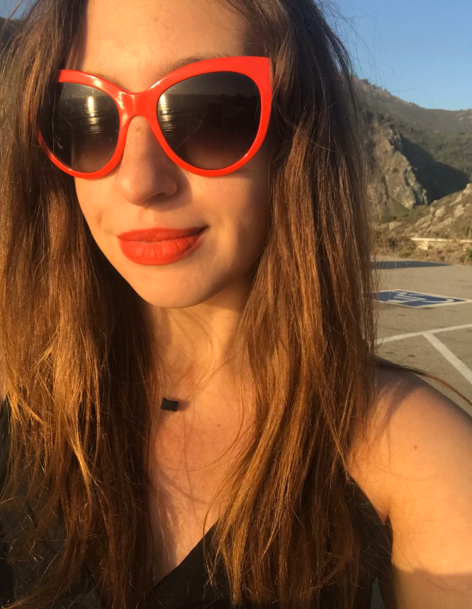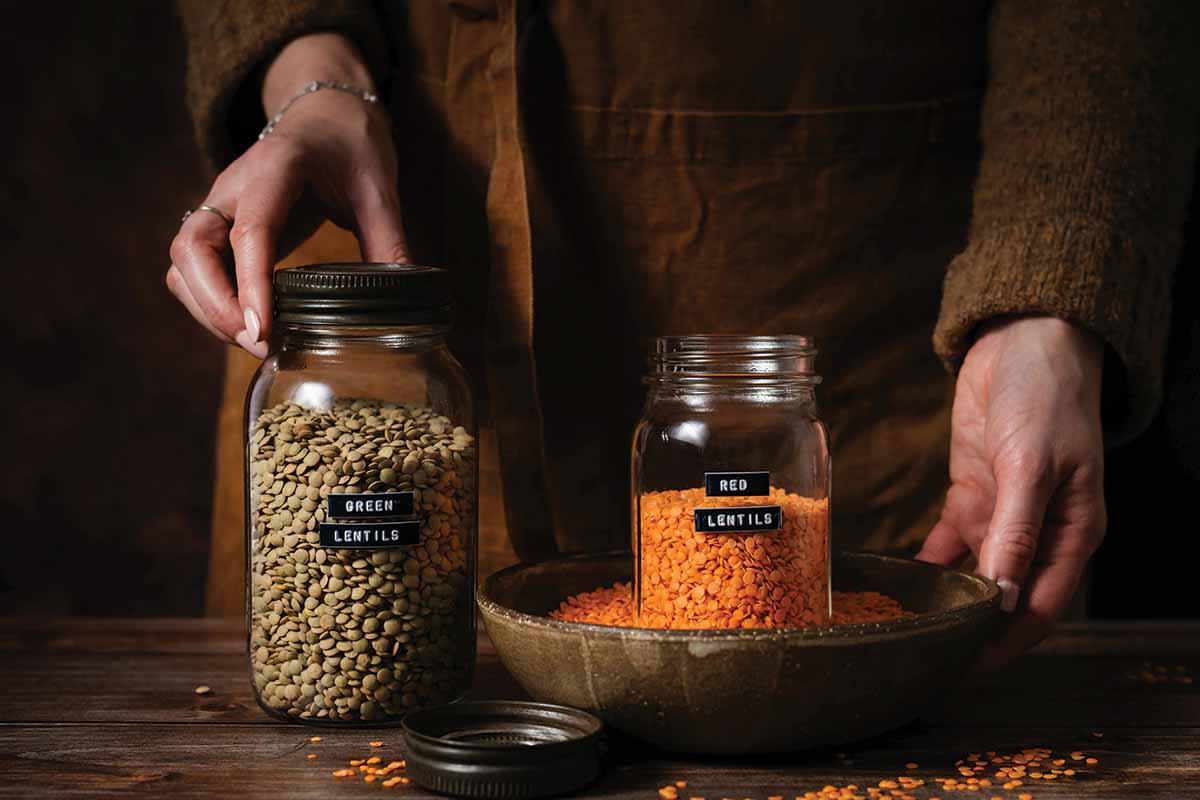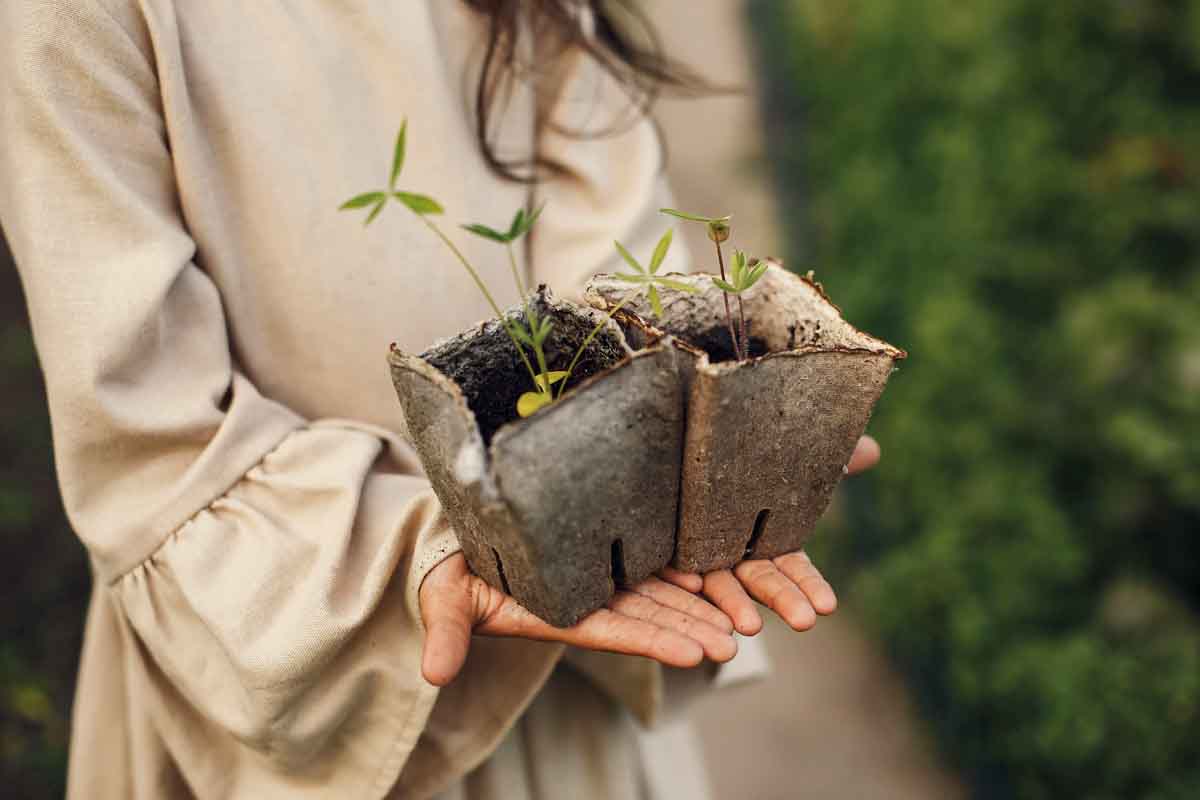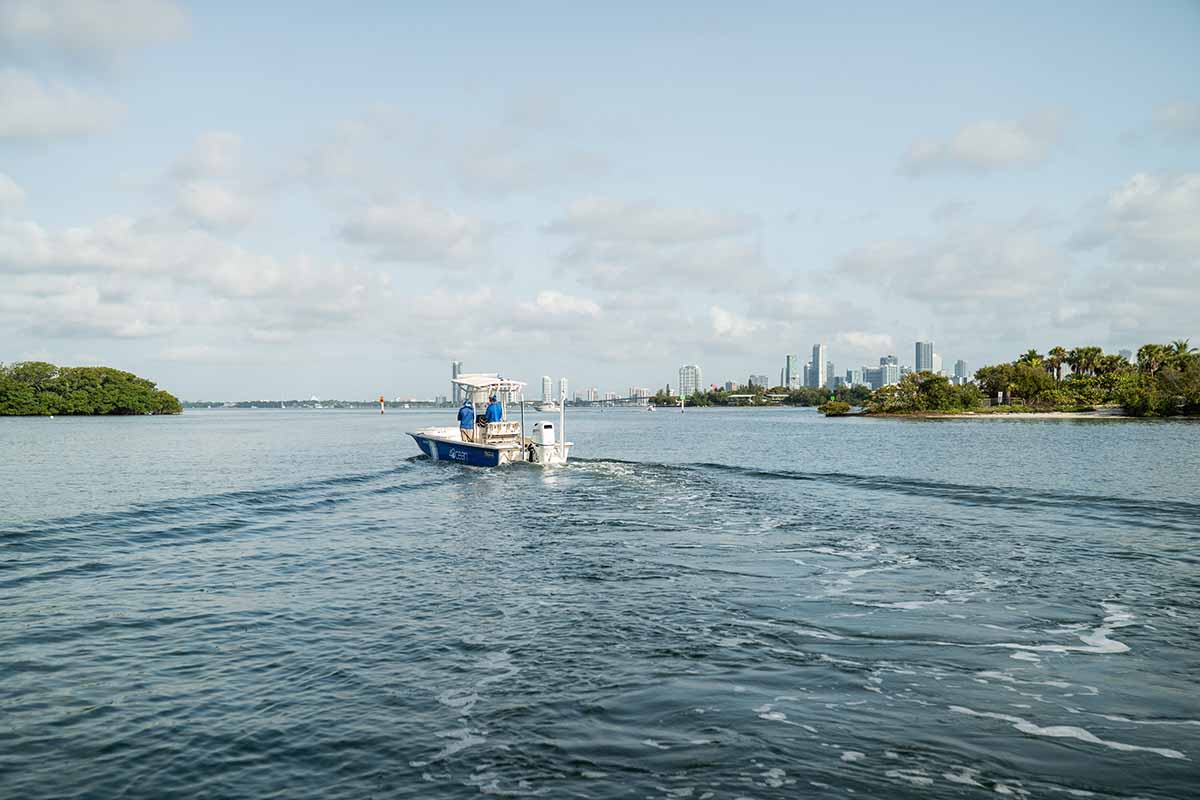Advertisement
Plastic’s Next Act
Redefining our relationship with single-use plastic
Fact-Checked
This article has been written and fact-checked by experts in the field.
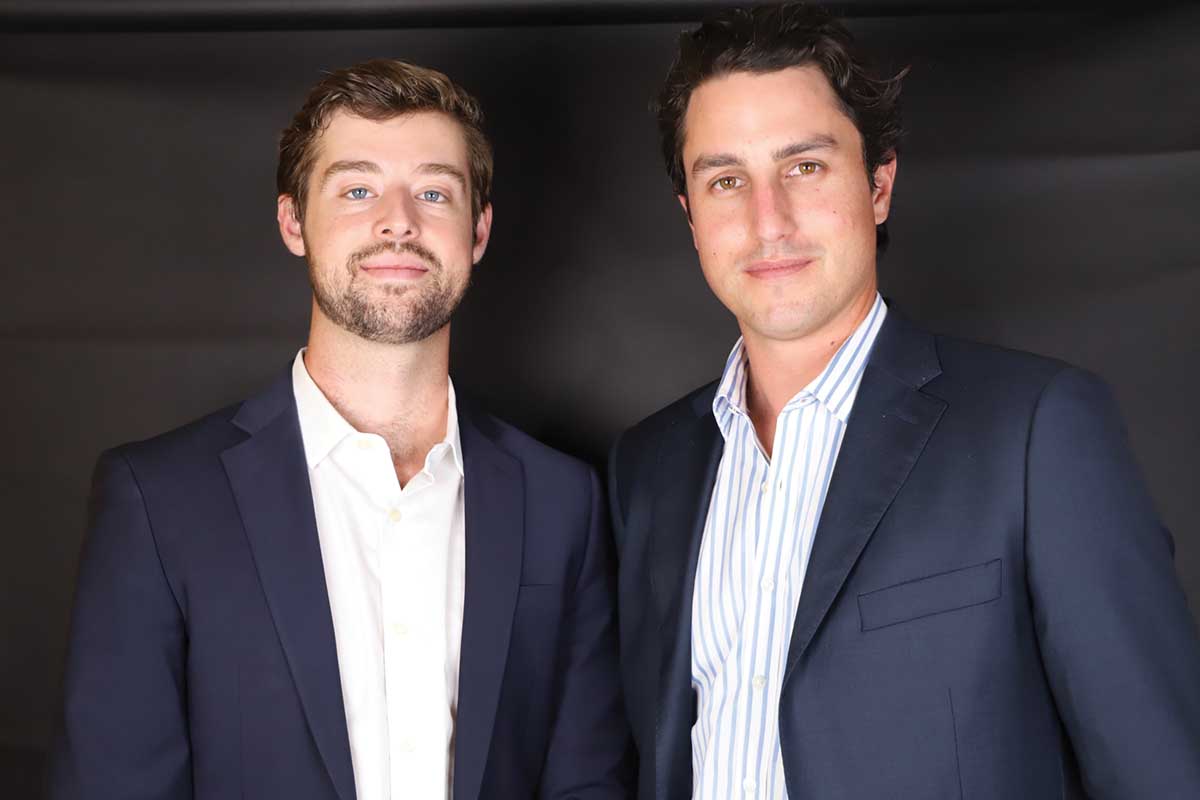
PlantSwitch is making the switch to a more sustainable future that is much easier, with truly biodegradable solutions that are poised to make your next takeout order a little greener.
Advertisement
The problem with plastic
It doesn’t take an expert to know we have a problem with plastic. Since their advent in the early 1900s, plastic products have touched almost every industry, making their way into our homes, workplaces, and lifestyles. Lauded for its ease of use, affordability, and endlessly adaptable applications, plastics can be found in the form of everything from the utensils that come with your takeout to tools used in operating rooms.
However, while plastic is undeniably convenient, it’s also wreaking havoc on the environment, and is a major driver of climate change. President of Beyond Plastics, Judith Enck, has even called plastics “the new coal.”
The process of creating plastic begins with the harmful extraction of oil and gas from the ground. Then, these fossil fuels are refined using significant amounts of water and energy—but if the beginning stages weren’t problematic enough, it’s the disposal process that really adds fuel to the fire. Plastic doesn’t naturally break down, and, according to the Environmental Protection Agency (EPA), only 9 percent of plastic in the US is actually recycled.
When it comes to tackling the plastic problem, single-use plastics pose a significant, if not the greatest, threat. Around 40 percent of manufactured plastics are for single-use purposes, including plastic food and beverage containers, bottles, straws, and disposable plastic bags that are intended to be used once and discarded.
And where does all this plastic end up? Currently, approximately 8 million metric tons of plastic make their way into waterways every year, and that number could triple by 2040. One of the most stunning examples of the problem is the Great Pacific Garbage Patch: a massive collection of plastic debris that covers almost 8 million square miles of the Pacific Ocean, threatening marine health and ocean life.
It’s not just plant and animal life that plastic puts at risk—we’re finally seeing the damage it can have on human health. Once single-use plastics have been discarded, they can break down into “microplastics” and enter the food chains through the soil and water supply, adding a toxic ingredient to our foods. These microplastics have been linked to numerous ailments including cancer, cardiovascular diseases, inflammatory bowel disease, diabetes, rheumatoid arthritis, chronic inflammation, and more.
Worryingly, research found that microplastics exist in 94 percent of US tap water samples. The dangers are clear, but the question remains—how do we move forward from a material that has become so ubiquitous in daily life?
Upside to alternatives
According to Pew Charitable Trusts, a nonprofit organization that uses data to make a difference, plastic substitutes could cut global plastic waste by around 17 percent by 2040.
Advertisement
Beyond plastic
Environmentalists, technologists, and scientists are all asking themselves, “What does a world beyond plastic look like?”
While the need is clear, the solution is not. So far, alternatives to single-use plastics, such as plant-based products, bioplastics, and fiber options have failed as viable replacements due to concerns over cost and ease of production. Moreover, research shows that some of these replacements have the same toxic additives that plastic does, making them an equal culprit when it comes to harming human and planetary health.
Dillon Baxter, founder and CEO of plastic-alternative company PlantSwitch, understands why finding a truly sustainable solution to single-use plastics has been so elusive. “Glass is great, but it’s heavy, so it takes more carbon footprint to produce,” he says. “When it comes to bamboo, you have to worry about deforestation. The thing about plastic is that it’s light, cheap, and easy to make, so it’s difficult to find a replacement for it.”
So, when dreaming of the early stages of PlantSwitch, Baxter knew he had to cook up a plastic alternative like never before.
Plastic pollution 101
- Single-use plastic is a major culprit in the climate change crisis. There are many reasons why it’s so important to find viable alternatives:
- Plastic can take 1,000 years to break down.
- Up to 80 percent of all litter in our oceans is made of plastic.
- The US plastics industry is responsible for at least 232 million tons of CO2e (carbon dioxide equivalent) gas emissions per year.
- Global emissions linked to plastic could reach 1.3 billion tons by 2030.
- There is 180 times more plastic than marine life floating at the surface of the Great Pacific Garbage Patch.
- About 99 percent of all seabirds will have ingested plastic by 2025.
Advertisement
Switching things up
With their proprietary technology, PlantSwitch turns agricultural residues (such as rice hulls and wheat straw) into a plant-based resin that slots in as an affordable and versatile plastic replacement. According to Baxter, the company “takes waste streams from agricultural processes that are abundant, low-cost, and rich in cellulose and turns that into a true plastic substitute.” He adds, “You end up with a circular supply chain where we’re taking a waste stream, creating a plastic product that biodegrades and goes back into the environment, then it’s used to create more plants from there.”
Founded in 2020, Baxter’s team creates products that are dishwasher safe, heat resistant, and of course, 100 percent compostable. “You’ll see some products that are marketed as compostable, but only in a commercial facility where it’s exposed to really high heat,” he says. “So, the products end up in your backyard, in the street, or in the ocean.” Unlike traditional single-use plastics (and some of their other alternatives), PlantSwitch’s products will fully break down in backyard compost in less than 12 months, leaving zero microplastics behind.
In addition to manufacturing groundbreaking products, PlantSwitch’s strategy is aimed at helping businesses make strategic choices. “Everyone’s had the paper straw fall apart in their drink,” says Baxter. “We wanted to help companies that have the biggest impact switch to a truly sustainable alternative for consumers”—which are ultimately better for the earth and for their bottom line.
A self-described optimist, Baxter has been heartened by the response from companies that not only want to buy PlantSwitch’s products, but also want to collaborate with them on solutions for a diverse set of needs. “Every day a company will come to us with a new application for our product,” he says. “As a custom formulation shop, we can kind of dial in properties as needed for different applications, which is really unique.
“I think that everyone is pretty overwhelmingly wanting to do something better for the environment, but the issue for companies has been that all the things that are better for the environment have been worse in terms of cost or performance. With our solutions that work on both a sustainability standpoint and a performance standpoint, it’s a pretty easy sell.”
While PlantSwitch started in the food service space, they’ve been expanding to lend their unique technology to other industries, from CPG and cosmetic packaging to car parts. With insights from partnering businesses, PlantSwitch is able to continue to refine their technology, creating solutions that companies can switch to at scale and providing a promising plastic alternative with the potential for far-reaching adoption.
For Baxter, “one of the amazing things about the innovative nature of humans is that when we identify a problem, we have the ability to develop technologies to help solve it. Obviously, I sit on the side of trying to create the solution, and I think the people that highlight the problem are [playing] a really important role in that as well.”
With companies like PlantSwitch—and the businesses that work with them—leading the charge on integrating a truly sustainable alternative for single-use plastics, we may be able to finally redefine our relationship with one of the most ubiquitous substances, making a powerful investment in our health and future.
Where to find PlantSwitch products
PlantSwitch offers a selection of compostable cutlery on their website. Other companies also offer PlantSwitch products:
- Pressed Juicery
- Gordon Food Service
- Sysco
- Imperial Dade
- Edward Don & Company
This article was originally published in the November-December 2024 issue of alive magazine (US edition).

